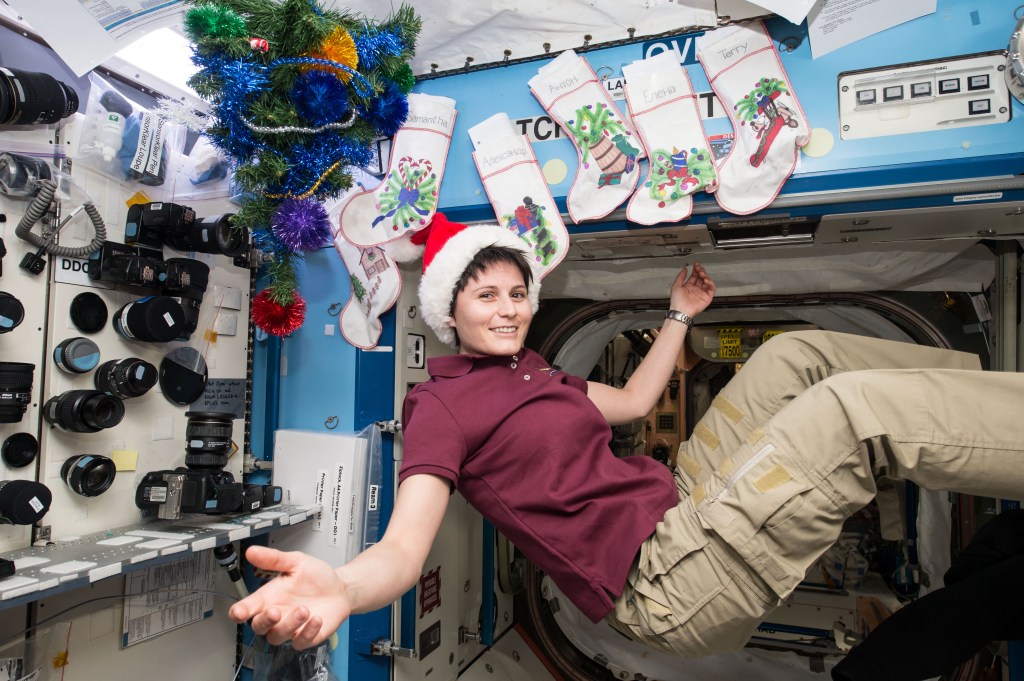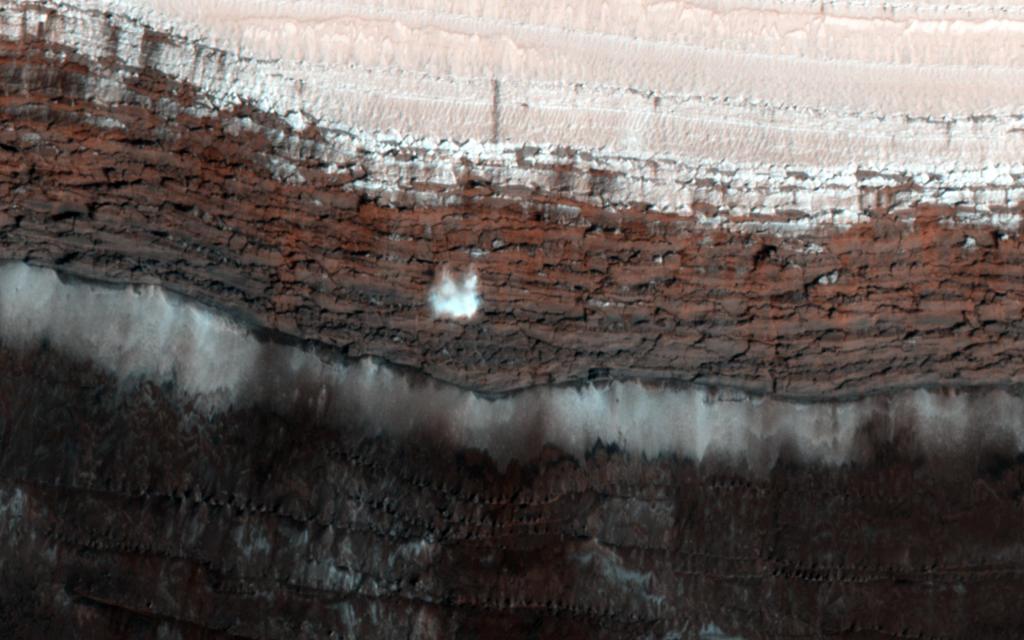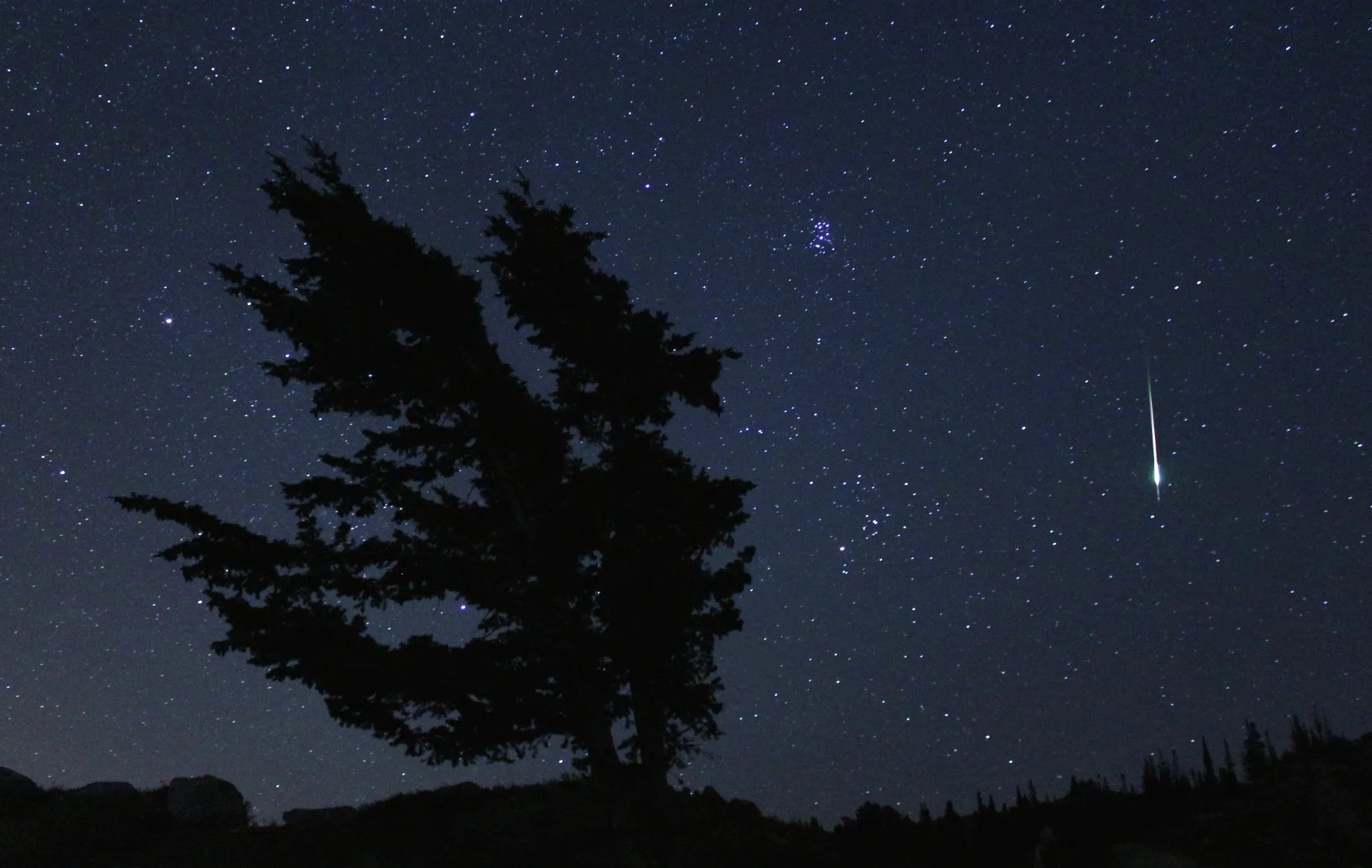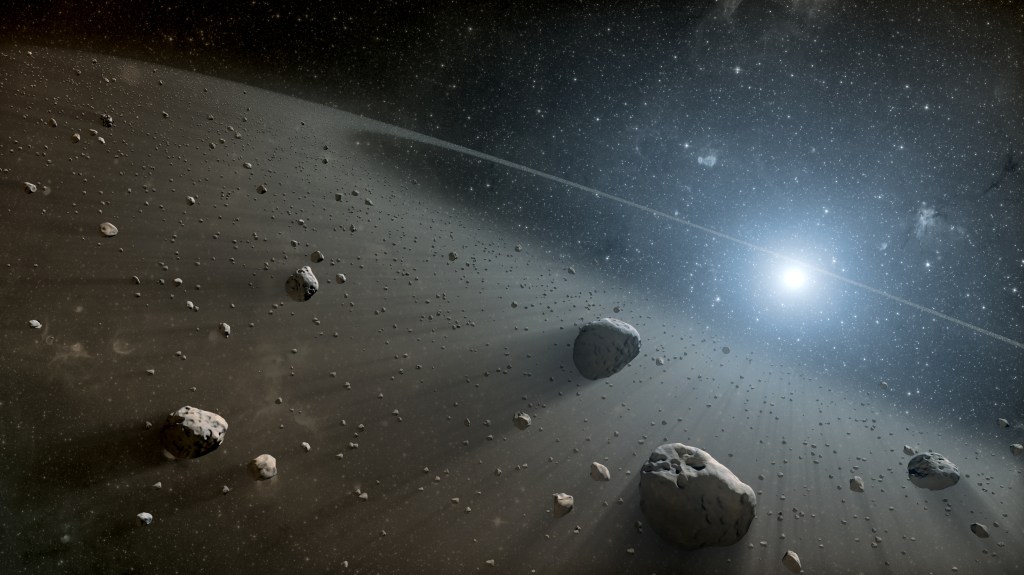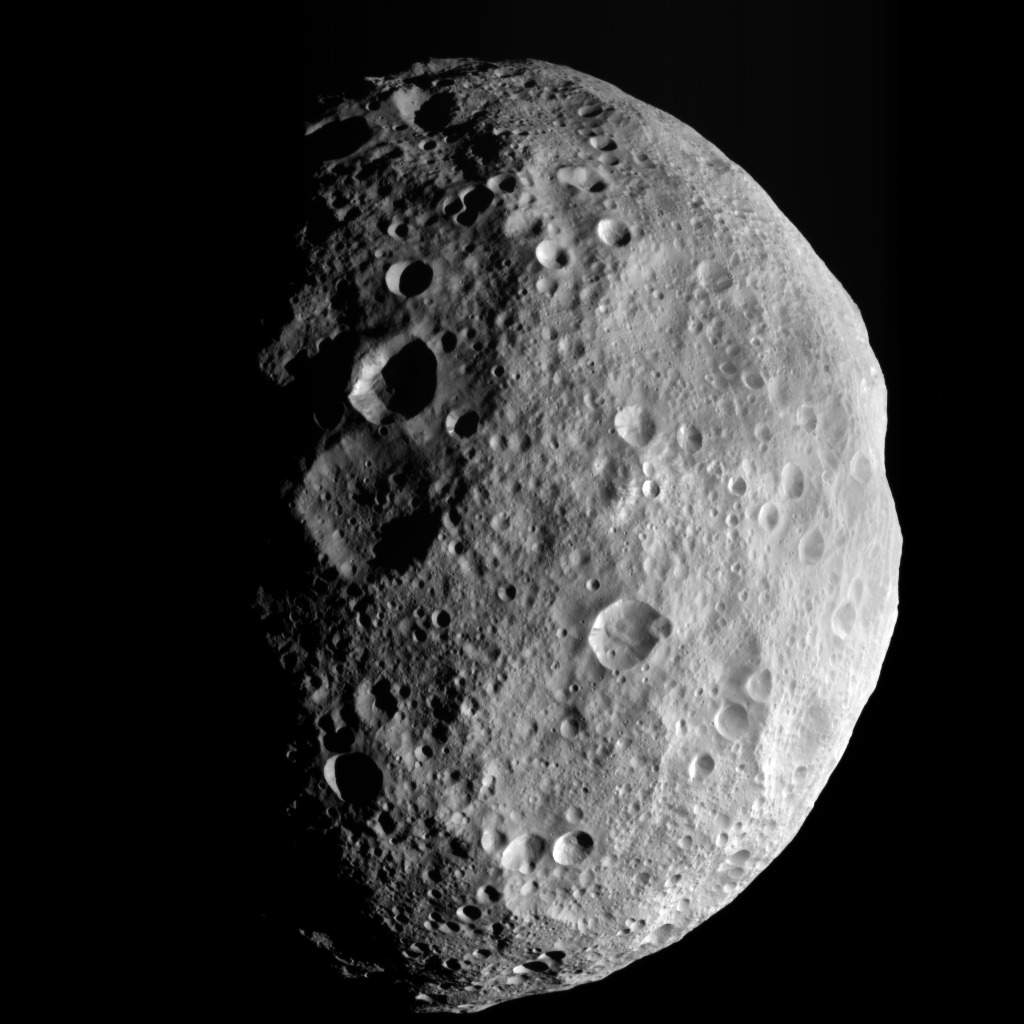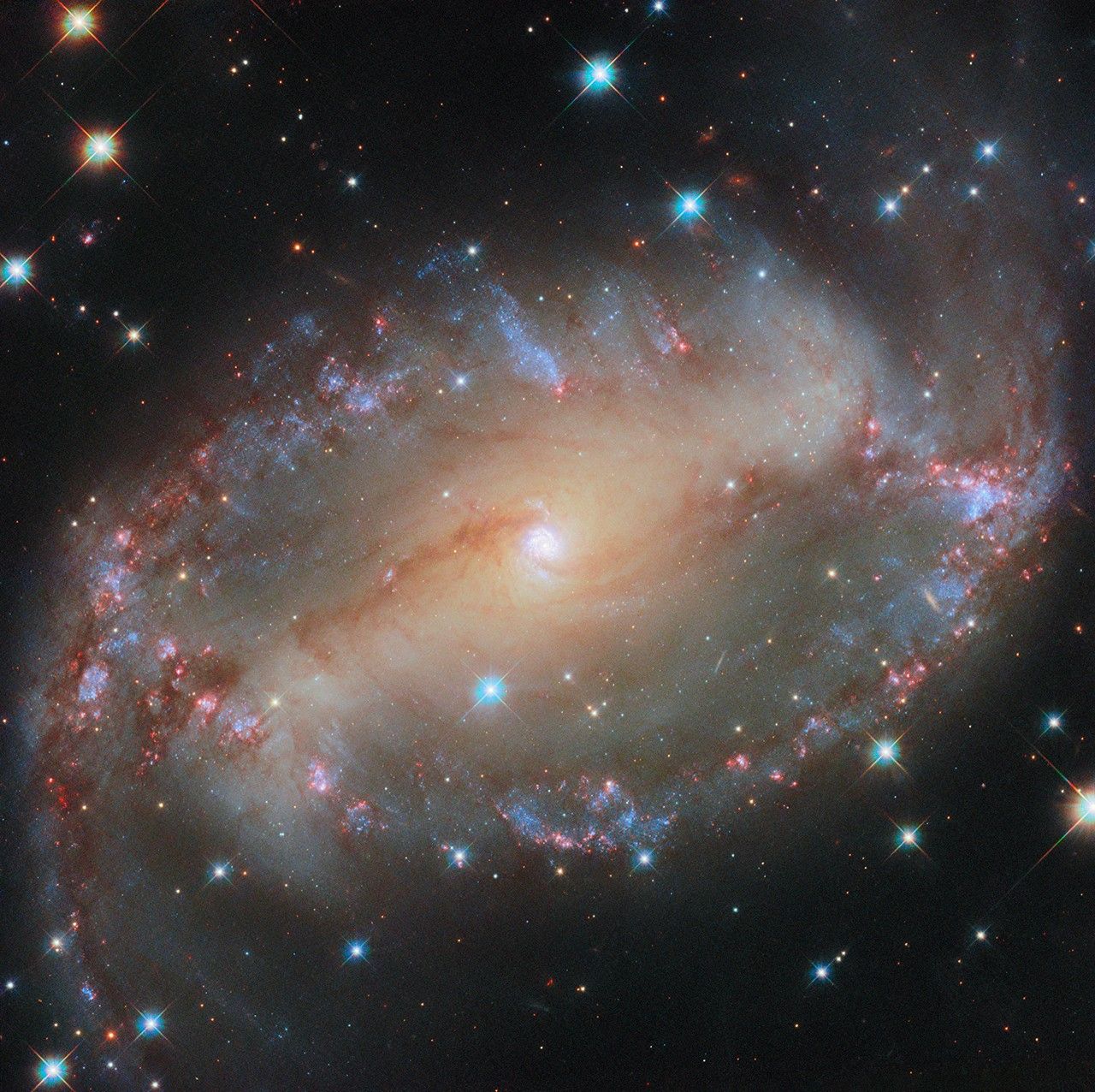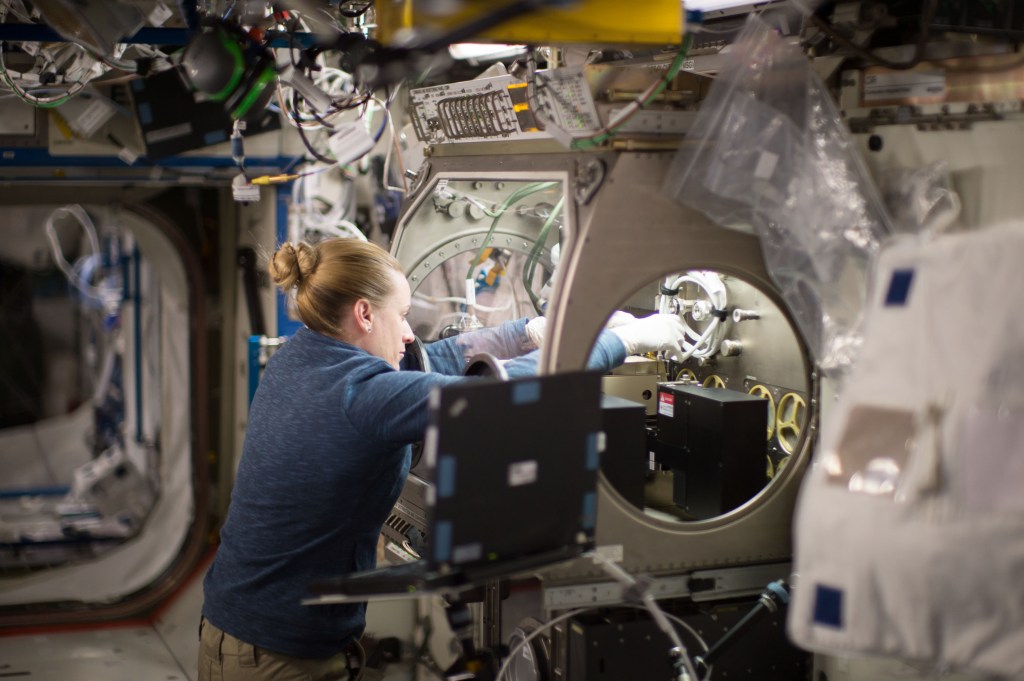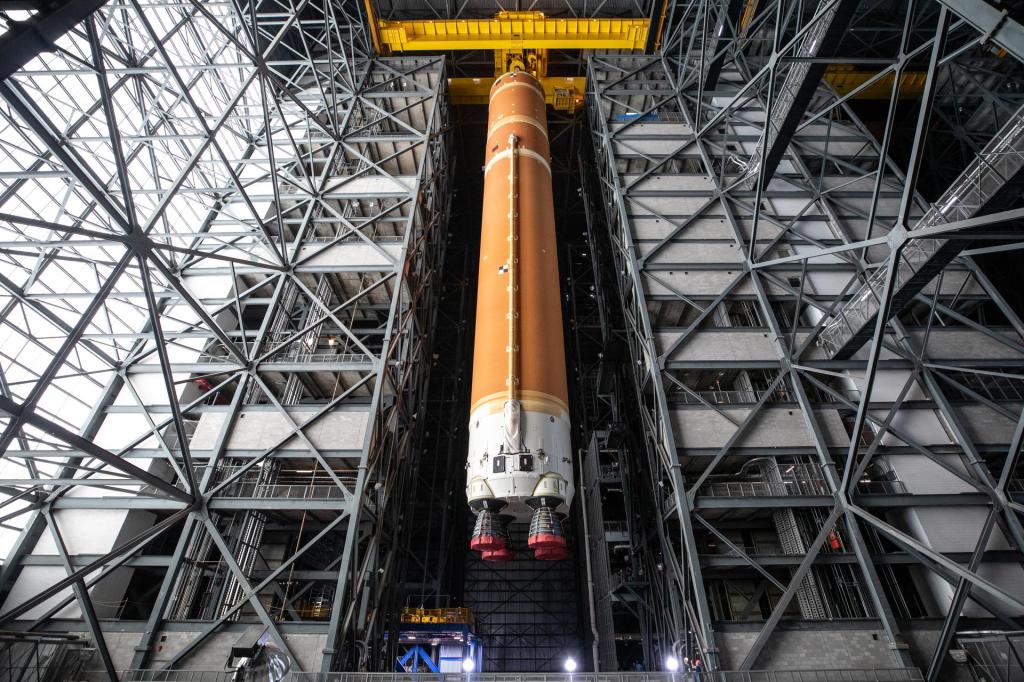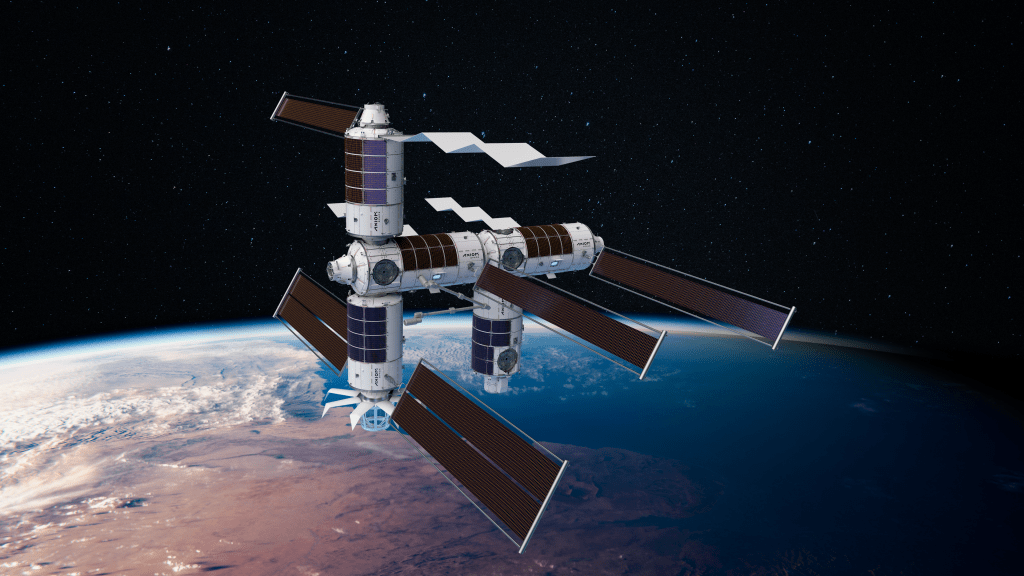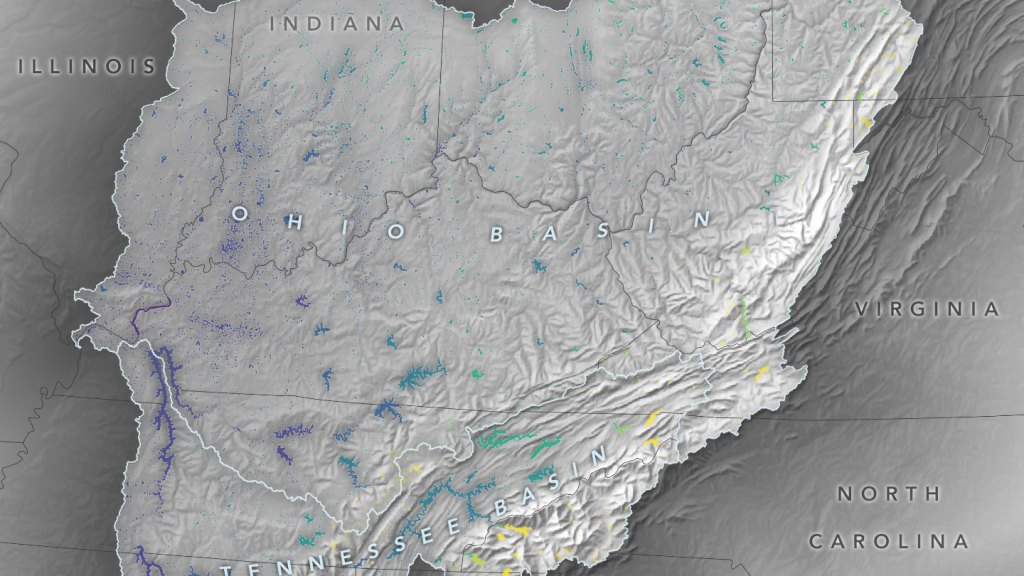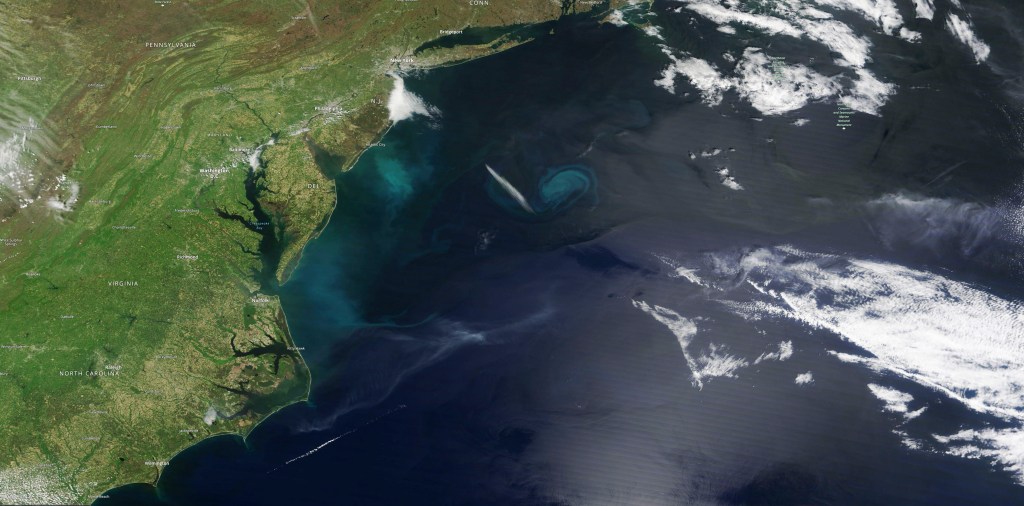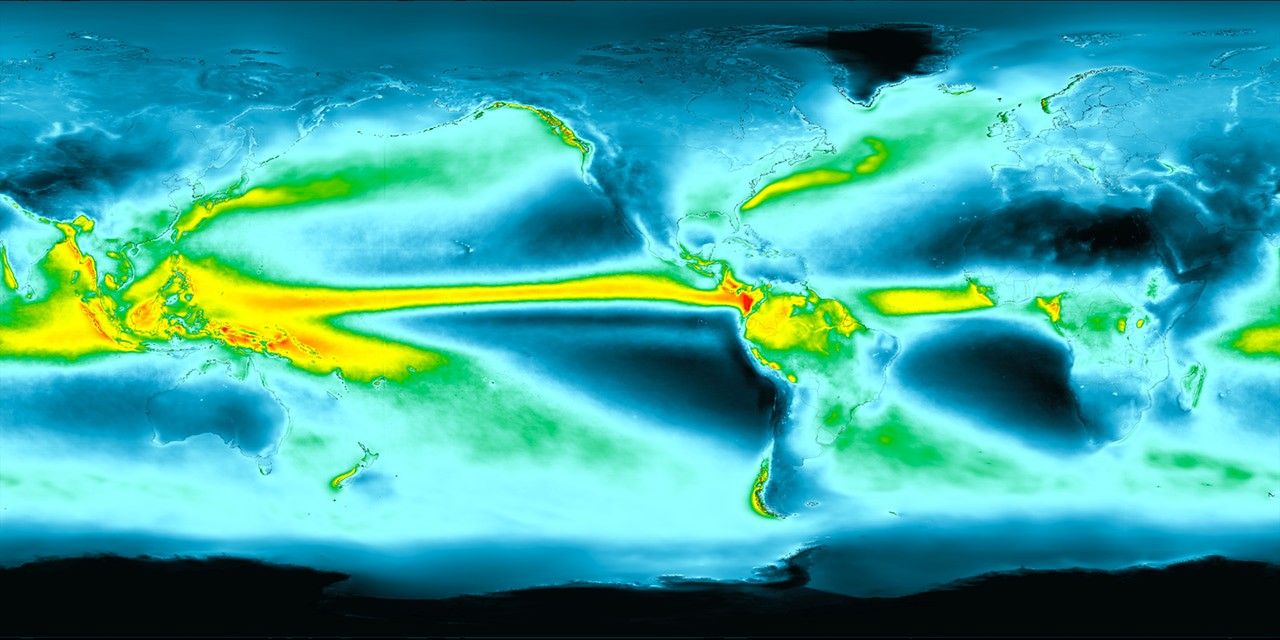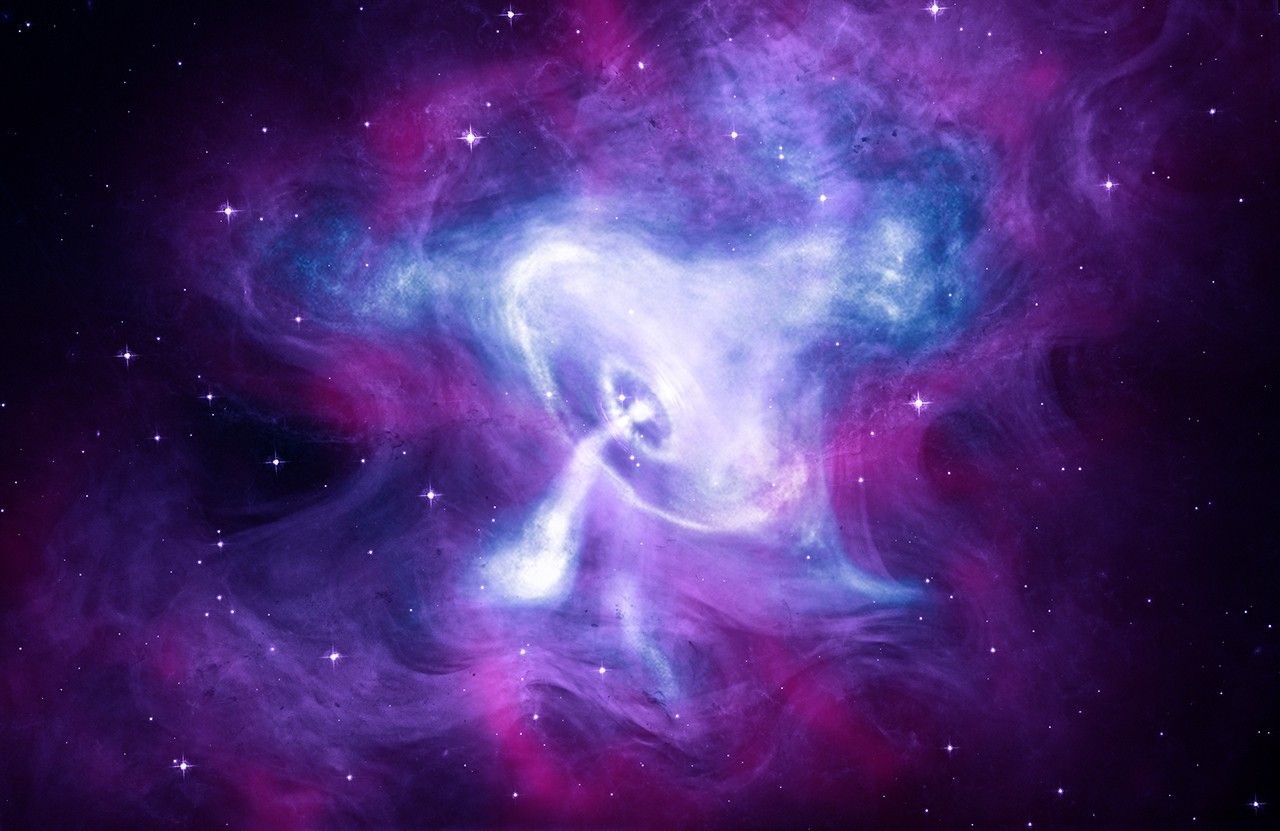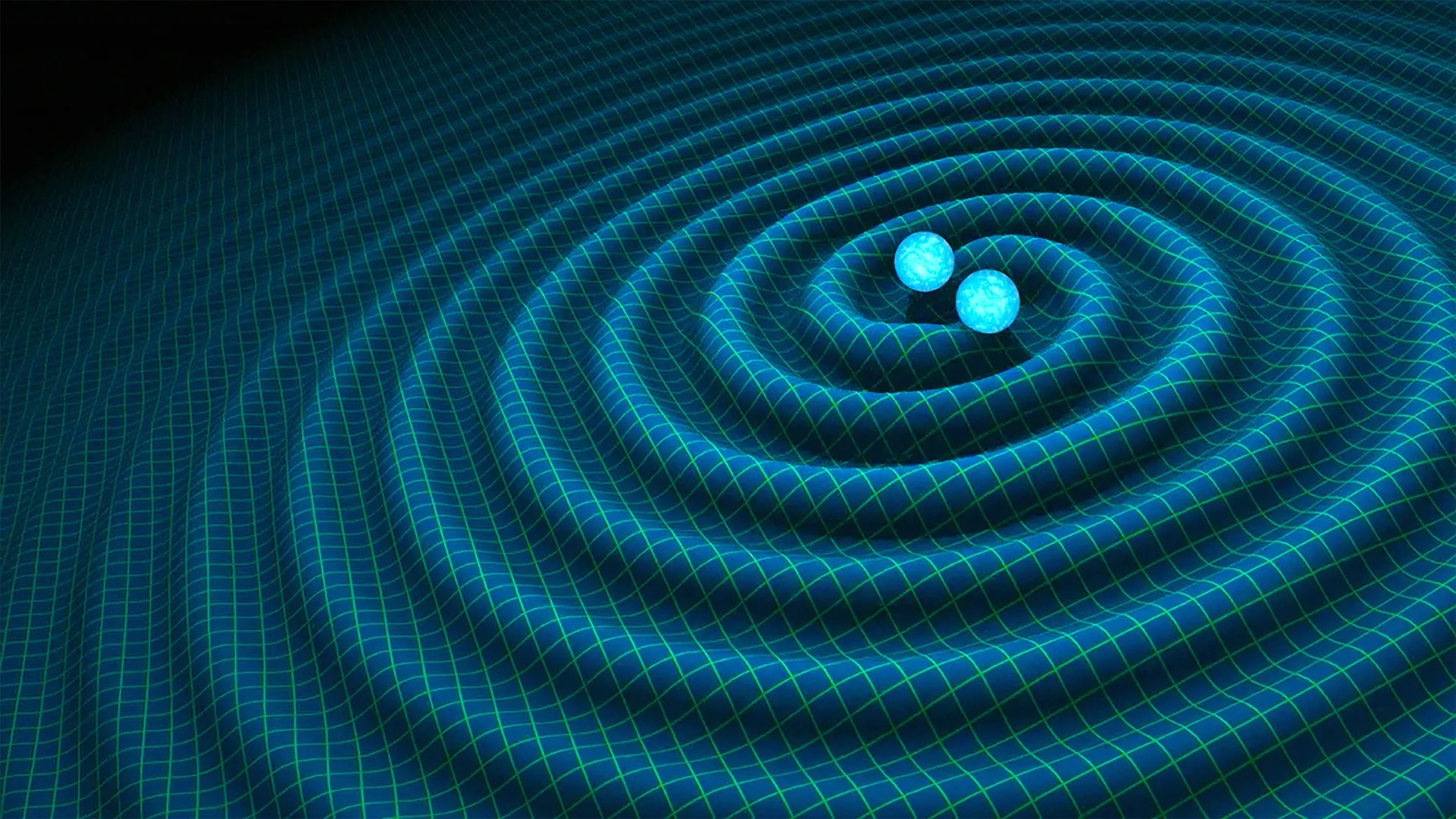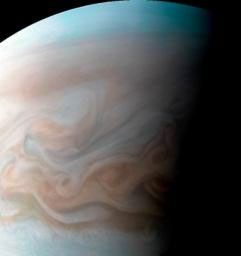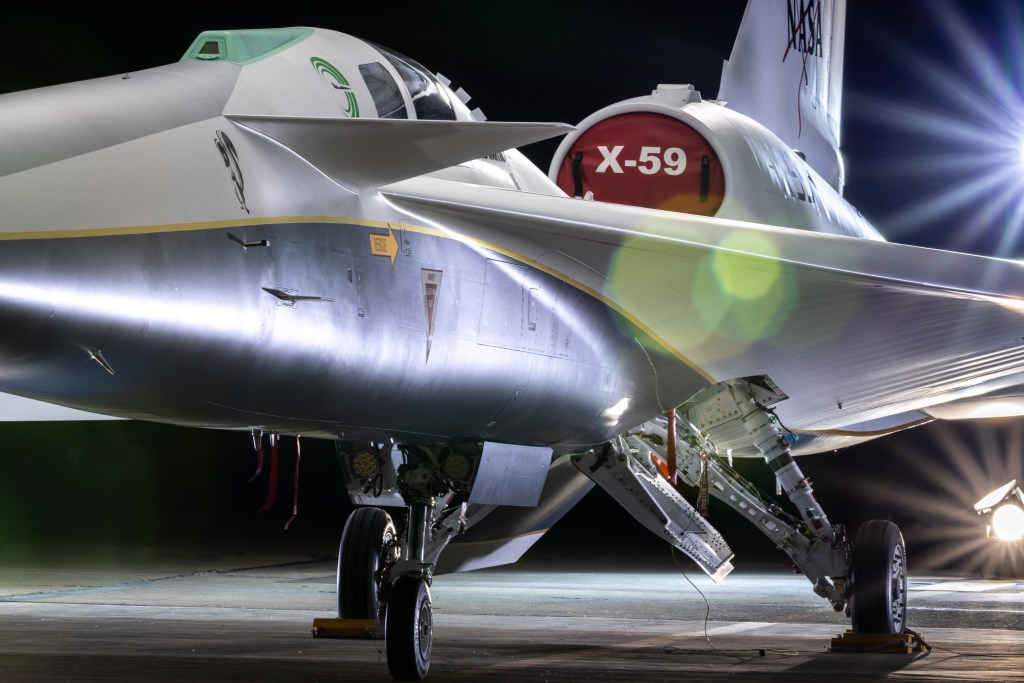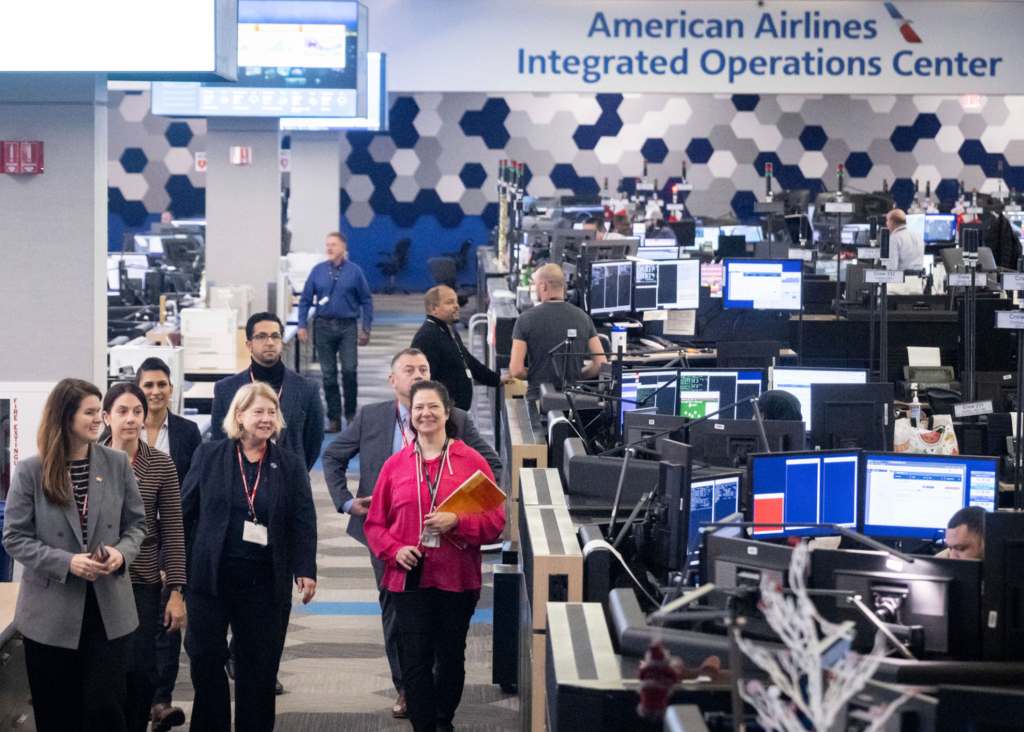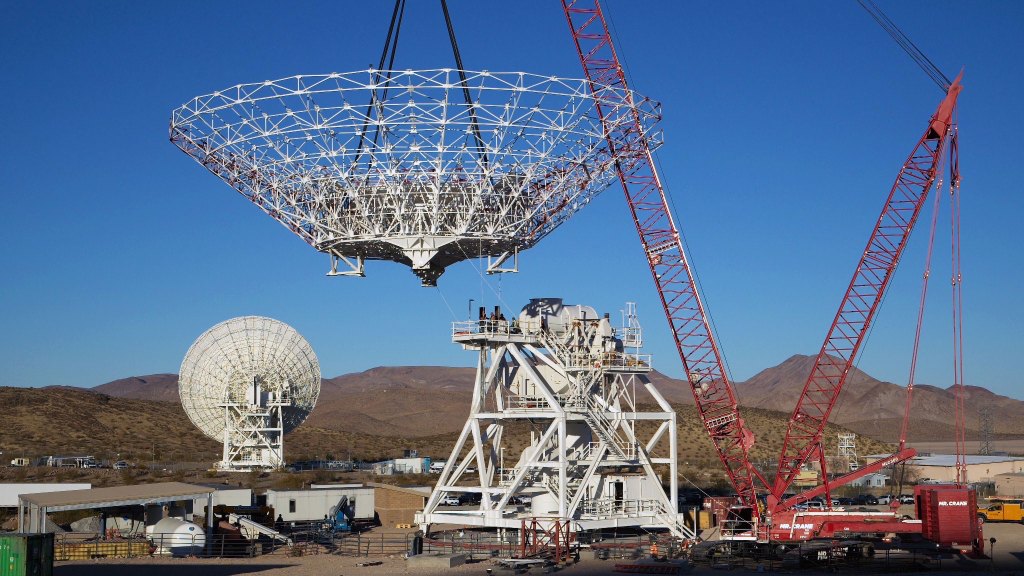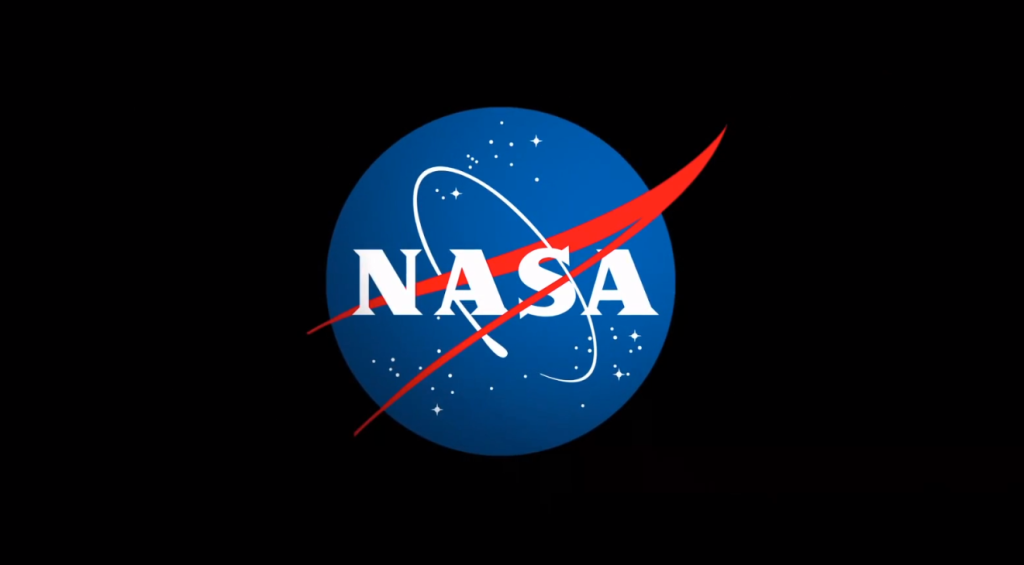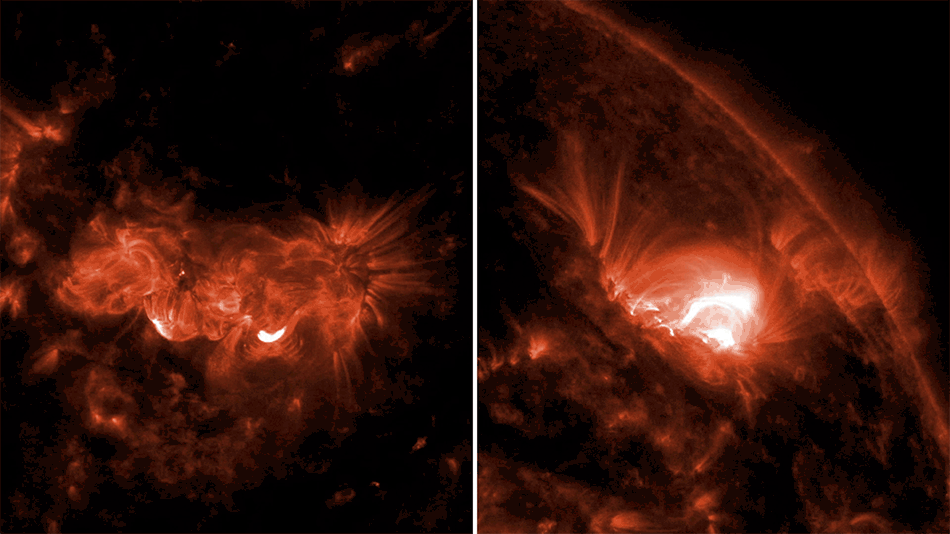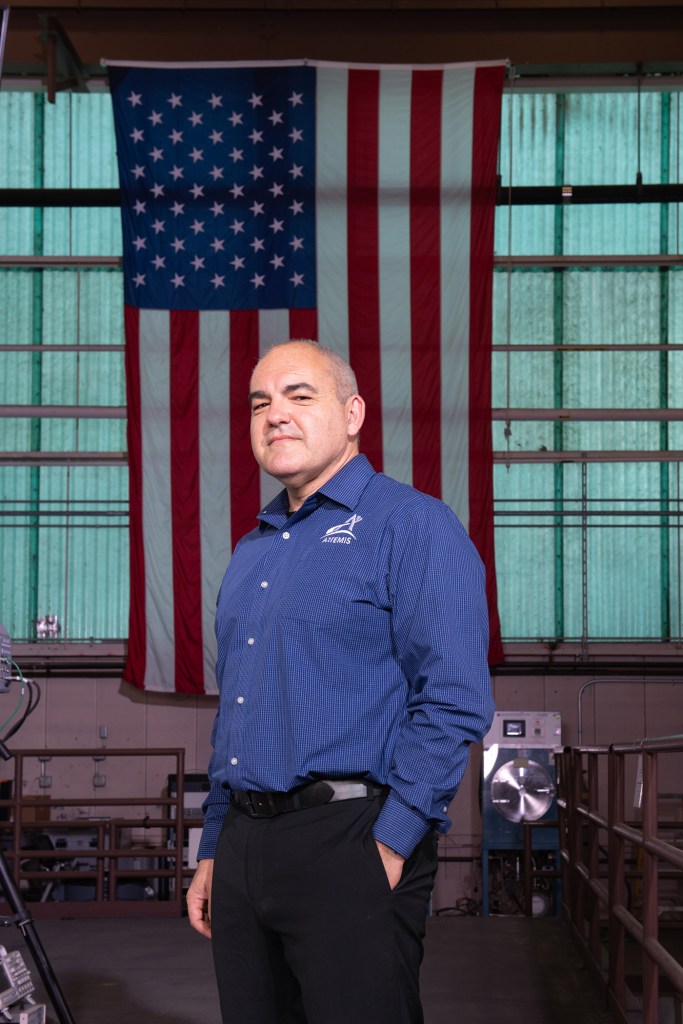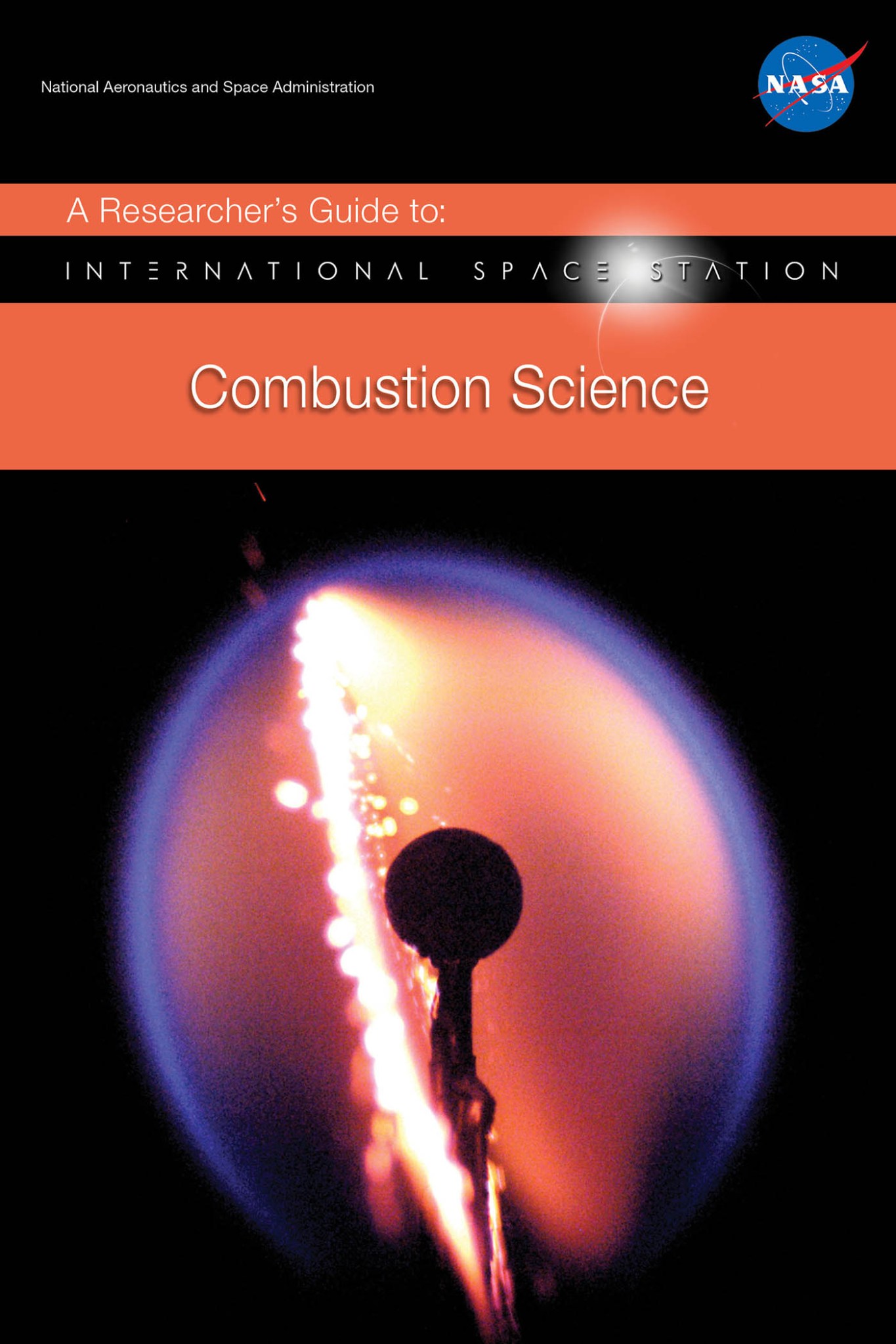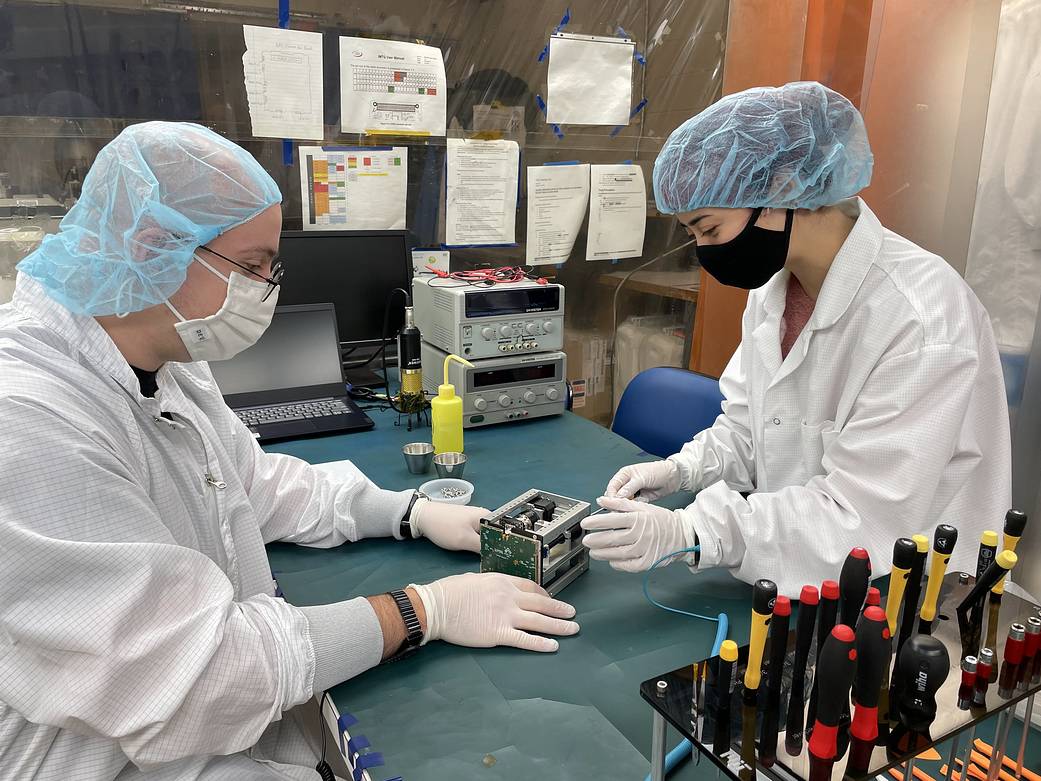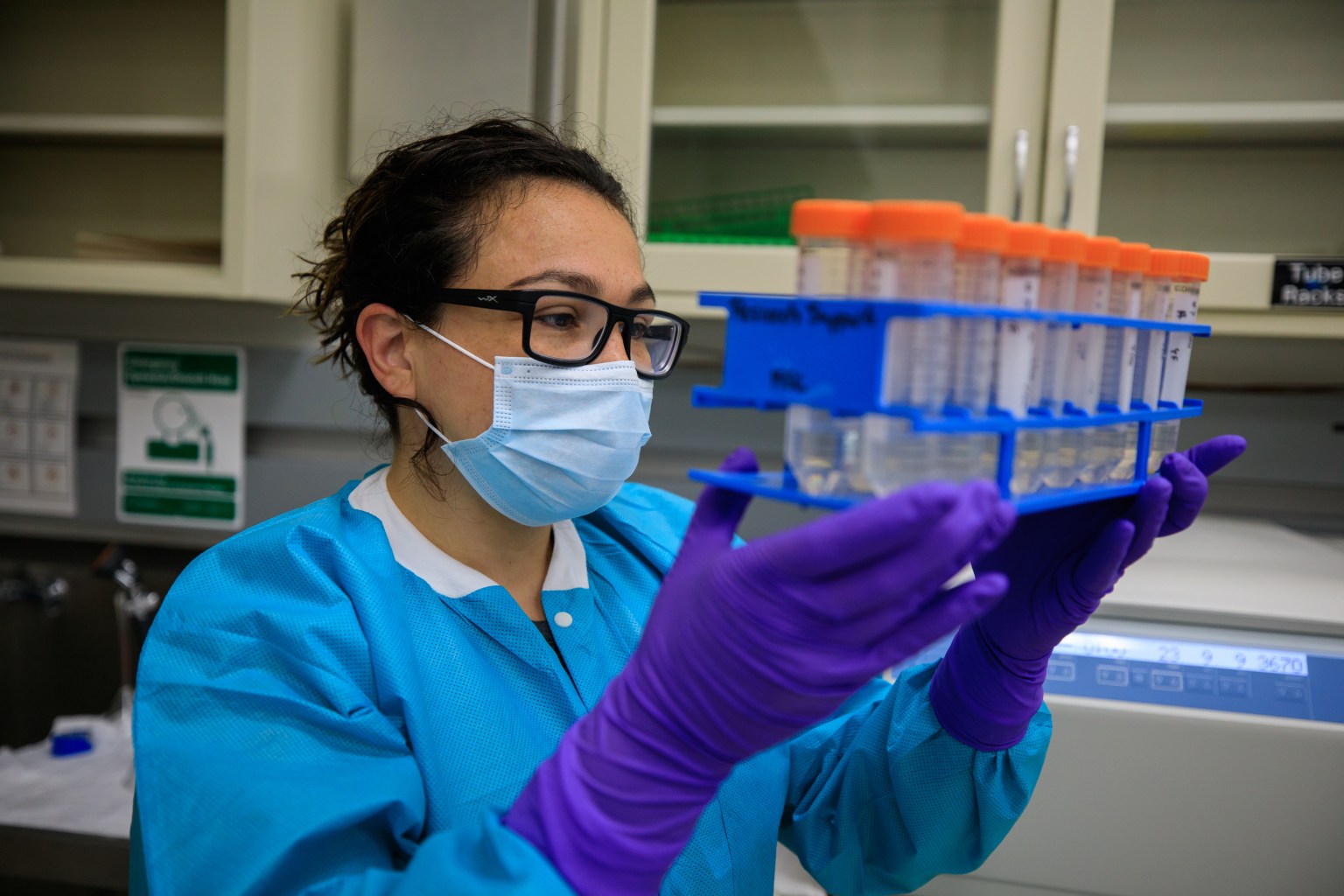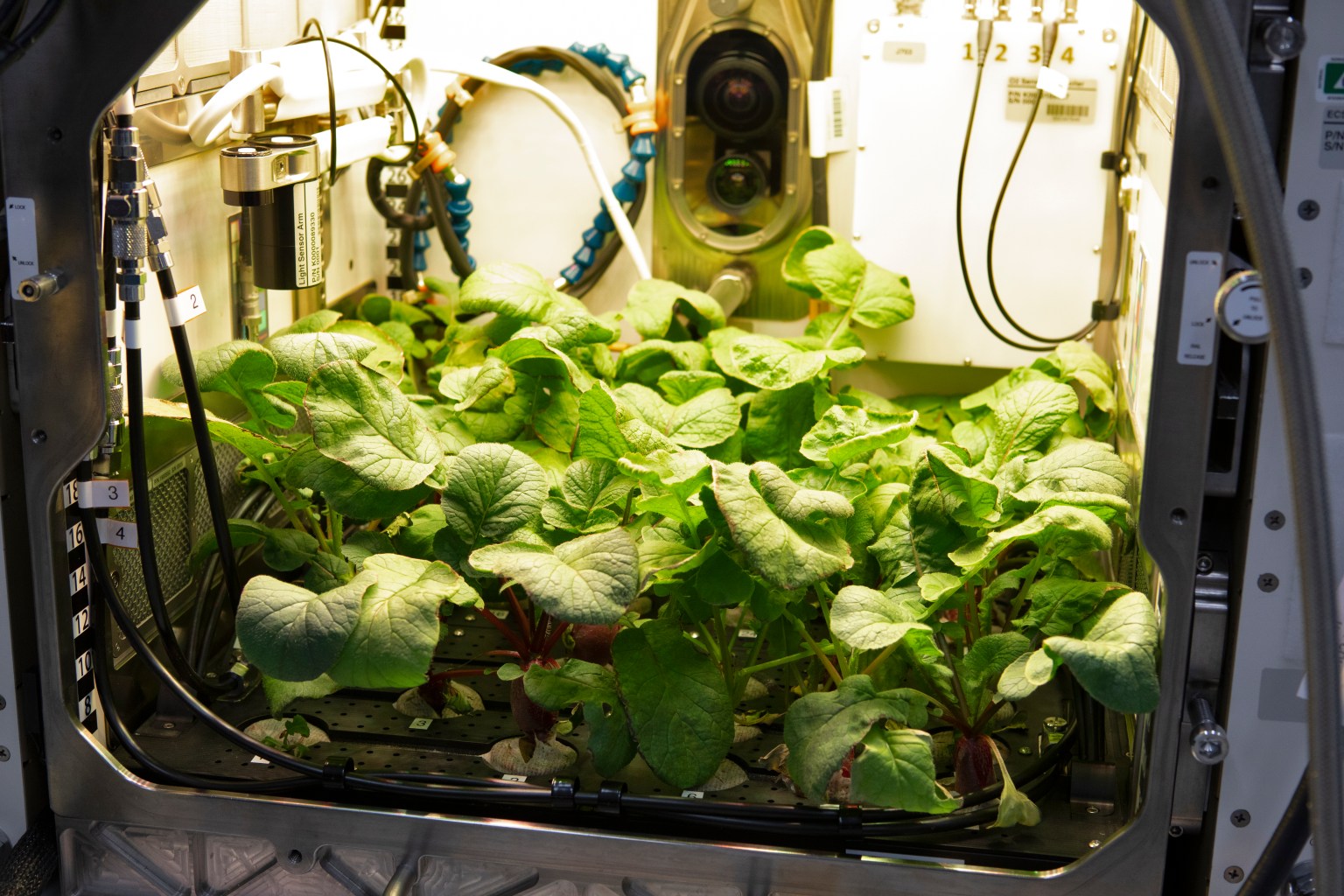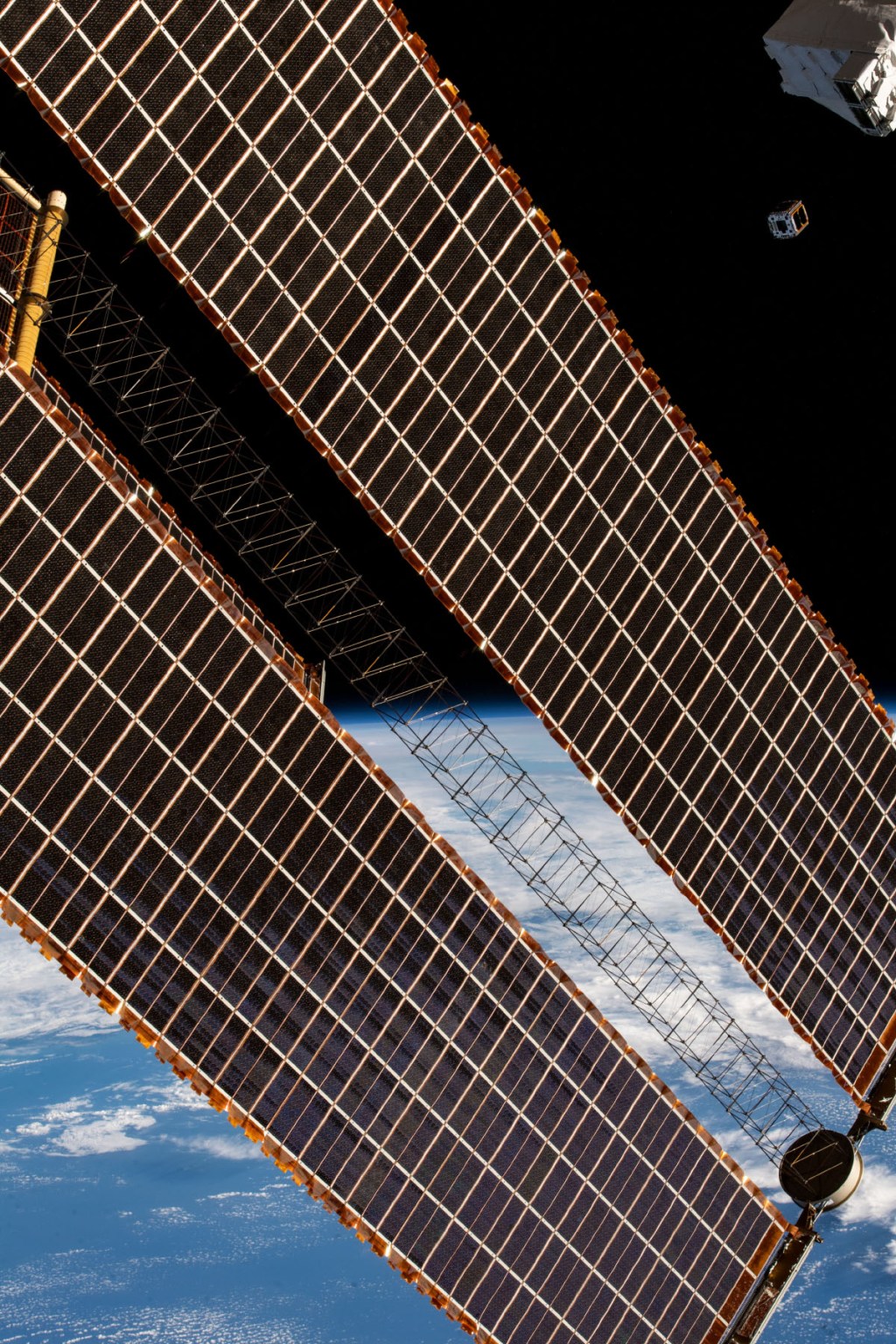October 2015 Edition
By Suleyman A. Gokoglu, NASA Glenn Research Center
Daniel L. Dietrich, NASA Glenn Research Center
Dennis P. Stocker, NASA Glenn Research Center
Paul V. Ferkul, Universities Space Research Association
Sandy L. Olson, NASA Glenn Research Center
Michael C. Hicks, NASA Glenn Research Center
Combustion processes remain among the most poorly controlled phenomena, yet have a significant impact on human health, comfort and safety.
Combustion occurs when fuel and oxygen react to produce carbon dioxide, water and heat. Combustion research involves developing a comprehensive and predictive quantitative understanding of this complex process. In the absence of gravity, buoyancy can be suppressed, and the analyses can be reduced to much simpler one-dimensional systems, adding to the body of knowledge.
For future exploration missions, fire safety is an important operational element to minimize the likelihood and impact of accidental fires in spacecraft and human habitats. An improved knowledge of combustion in reduced gravity is essential to adapting fire safety concepts and systems to the conditions of the space environment.
This Researcher’s Guide provides an overview of combustion science research, including past research, lessons learned, opportunities for future research and introductory information on funding opportunities.
All eBook readers: EPUB [4.9MB]
PDF readers: PDF [1.5 MB]

